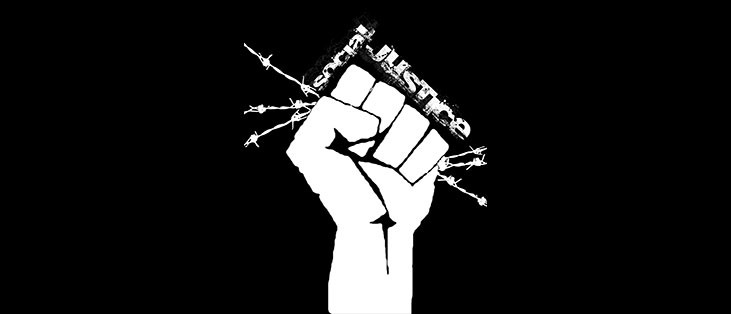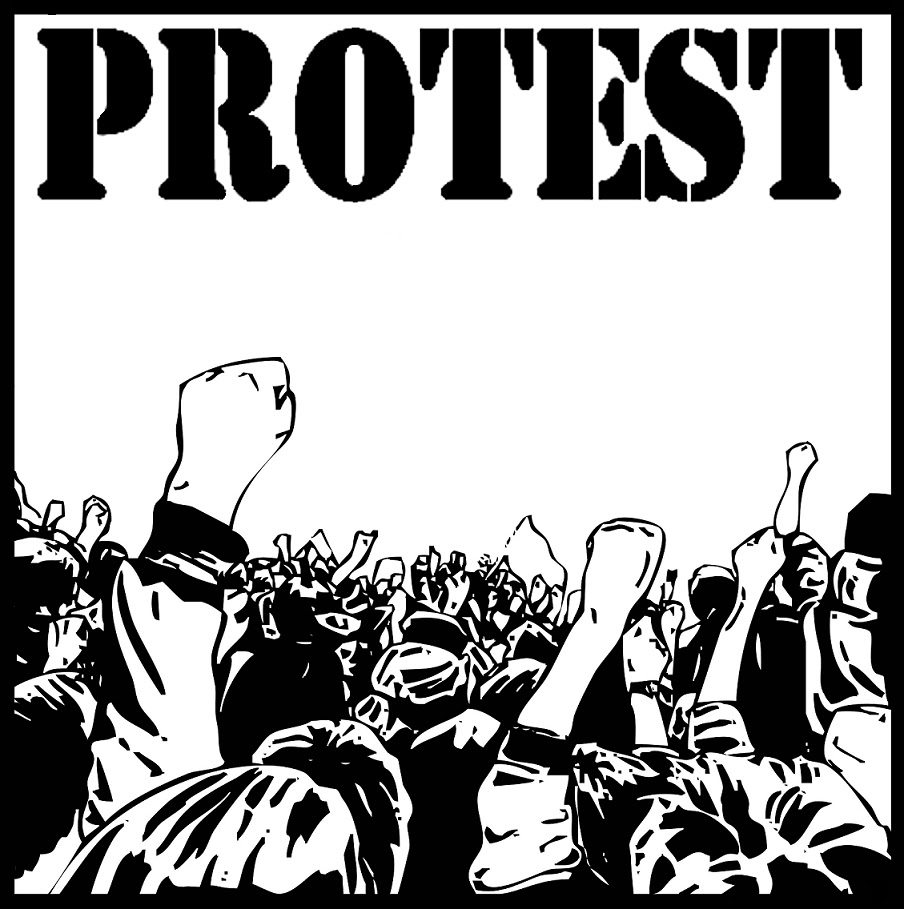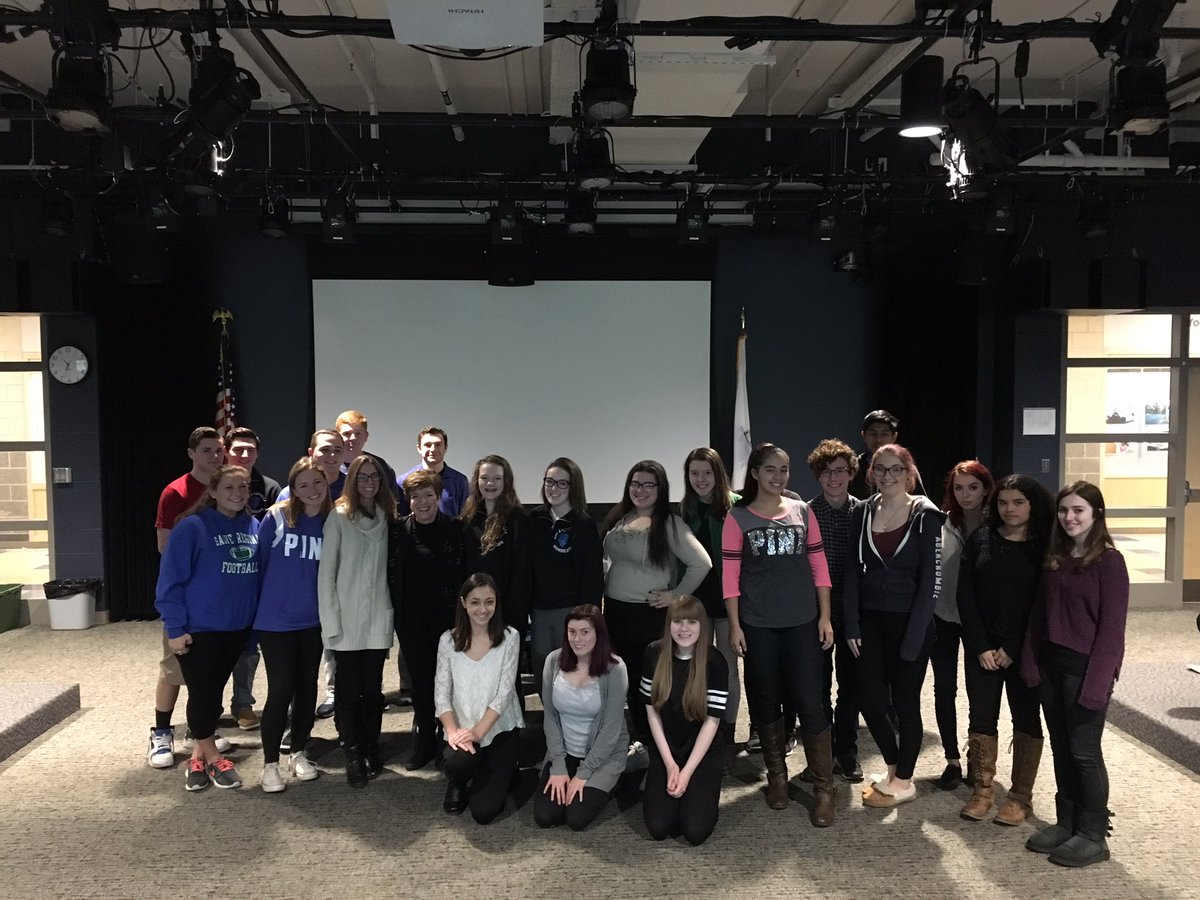
photo curtesy of Merrimack College
I’m posting a few resources that will be useful to activists in the coming era. As I find more I’ll add them.
First up by Mariama Kaba: Compelled to Act #1: 10 Concrete Actions to Take in January 2017. This is a list of concrete actions you can take now in January. As Kaba, known as @prisonculture says, “Every month, I will be posting concrete actions that we can take in the ongoing struggle for more justice. Victoria Safford shared a quote from someone in an essay that I appreciate very much: ‘You know we cannot do this all at once. But every day offers every one of us little invitations for resistance, and you make your own responses.” I love the idea of “little invitations for resistance.’”
Secondly, from Bill Moyers’ website, Preparing for President Trump. Written by Peter Dreier, this is a “10-point plan for activists, politicians, the press and everyday citizens.”
Touched by Mery Streep’s activism, I think we all should read or re-read something I strongly learned putting on plays at Framingham and relearn every article I write: “Art is dangerous”: Ta-Nehisi Coates, Toni Morrison, and Sonia Sanchez in conversation.
I’ve been meaning to share this amazing resource with everyone since the election. It bursts the bubble of who voted for Trump. This is a Syllabus for White People to Educate Themselves passed on by activists who I trust enormously. Here’s a small piece of the rationale “We need to be thinking about how we are thinking about this election. This sense of comfort, of insulation from the horrors of America, is precisely what this syllabus is meant to disrupt. We, white people, clearly weren’t listening hard enough to people of color, to women, to queer people, to immigrants, to Muslims, to anyone who holds a marginalized identity. This did not come as a shock to many marginalized people. Instead, as a friend of mine put it: “I am hurt but my hurt comes mainly from having my fears proven. Not from surprise. I am so angry because there are so many people who needed this result to prove to them the divide of this country instead of listening to the voices of their token friends. Instead of hearing. Instead of trusting.” Now is the time to hear. Now is the time to educate and propel that education into action.
Finally, a wonderful Prison Abolition Syllabus posted on the African American Intellectual History Society site (AAIHS) and compiled by excellent contributors Dan Berger, Garrett Felber, Kali Gross, Elizabeth Hinton, and Anyabwile Love.
New Addition! A Resistance Manual from Aditi Juneja from NYU, a project that includes many interesting ways to deal with the new administration and “get educated, get organized, and take action.”
New addition! “The 65 has compiled a set of scripts for over a dozen issues in the progressive agenda. The demands in these scripts aren’t radically left-leaning. That’s intentional. We believe that progress happens slowly, from the middle out. The middle isn’t where we want to end up, necessarily, but it’s where we have to start.”



